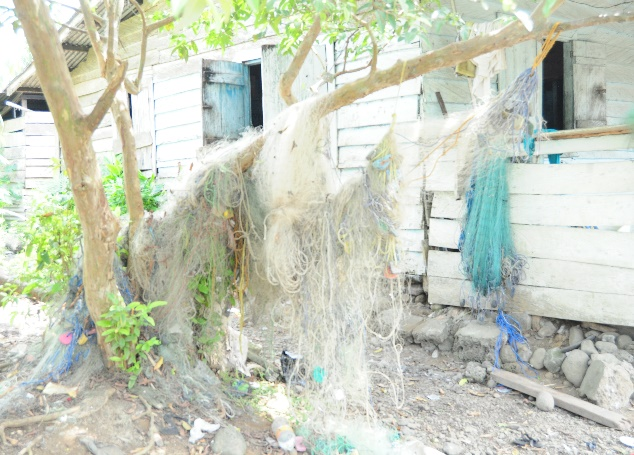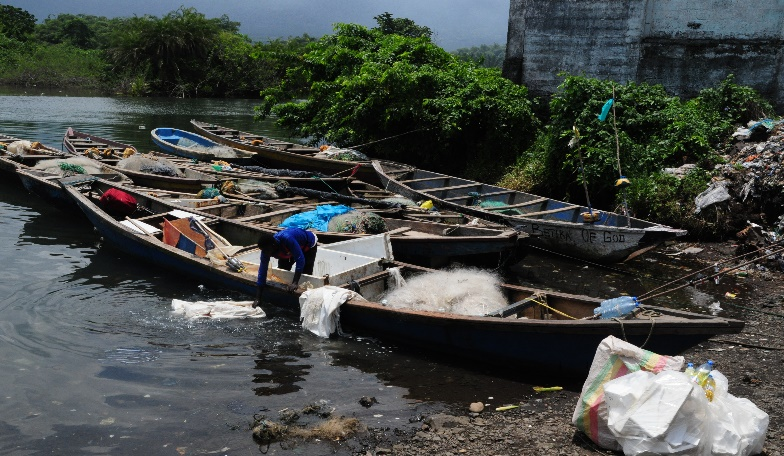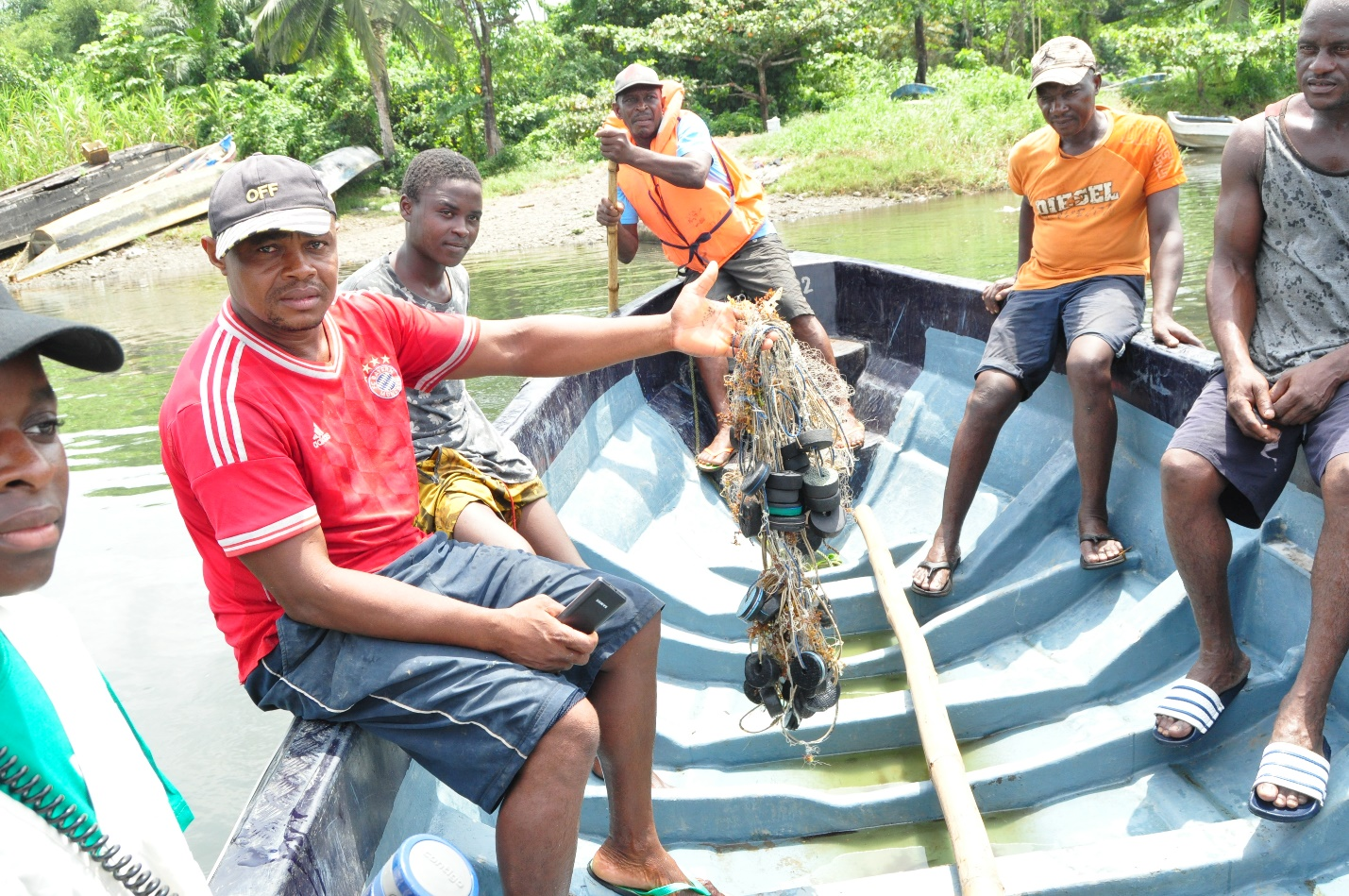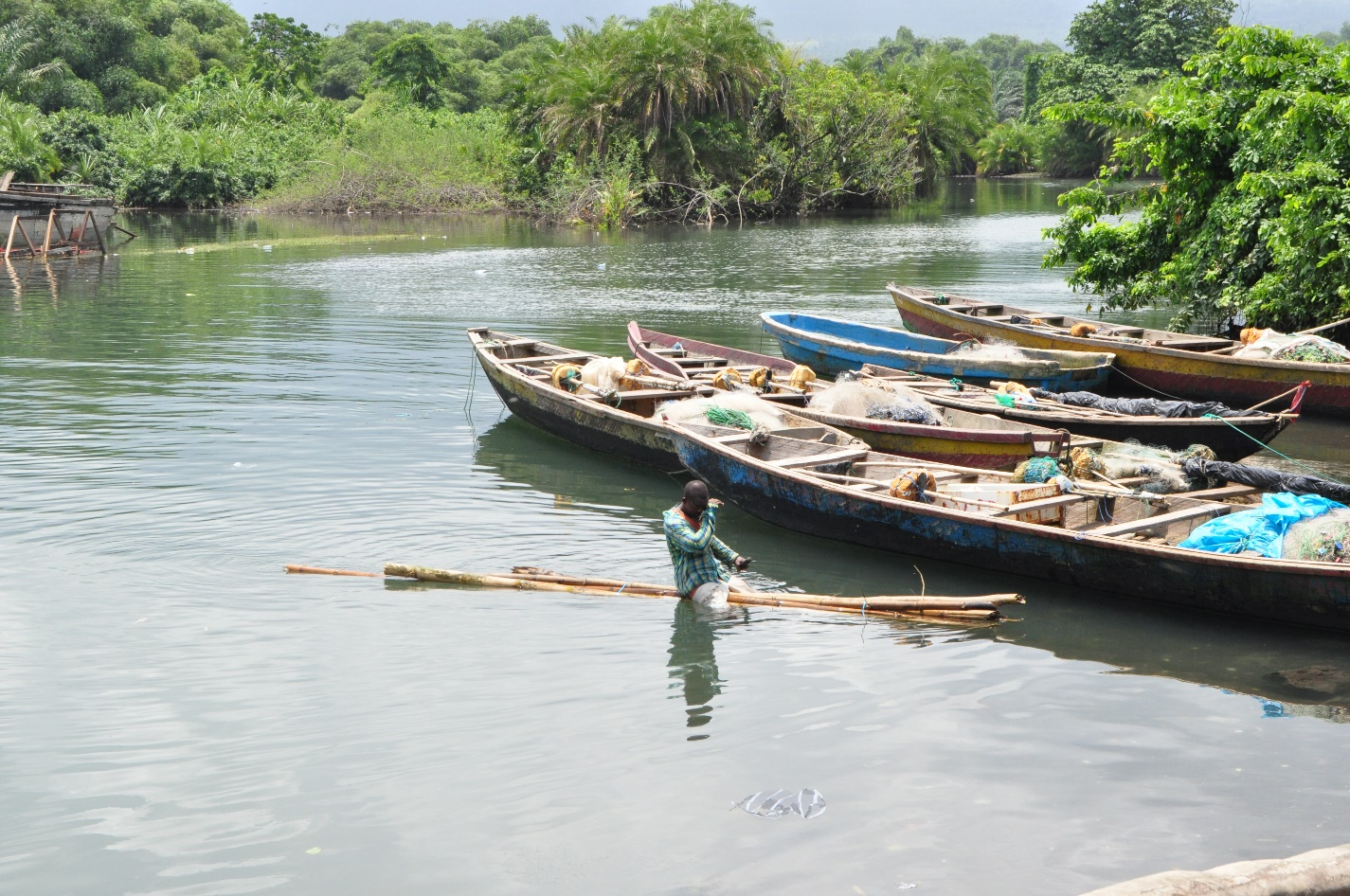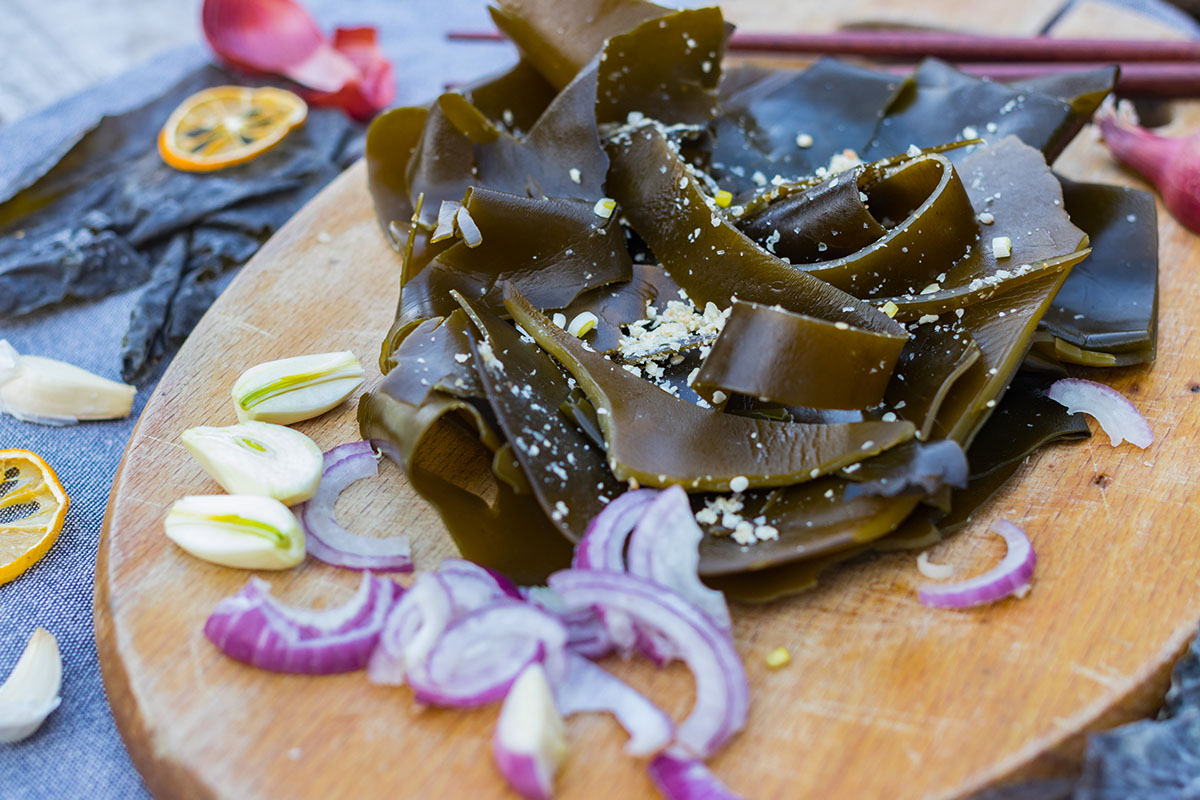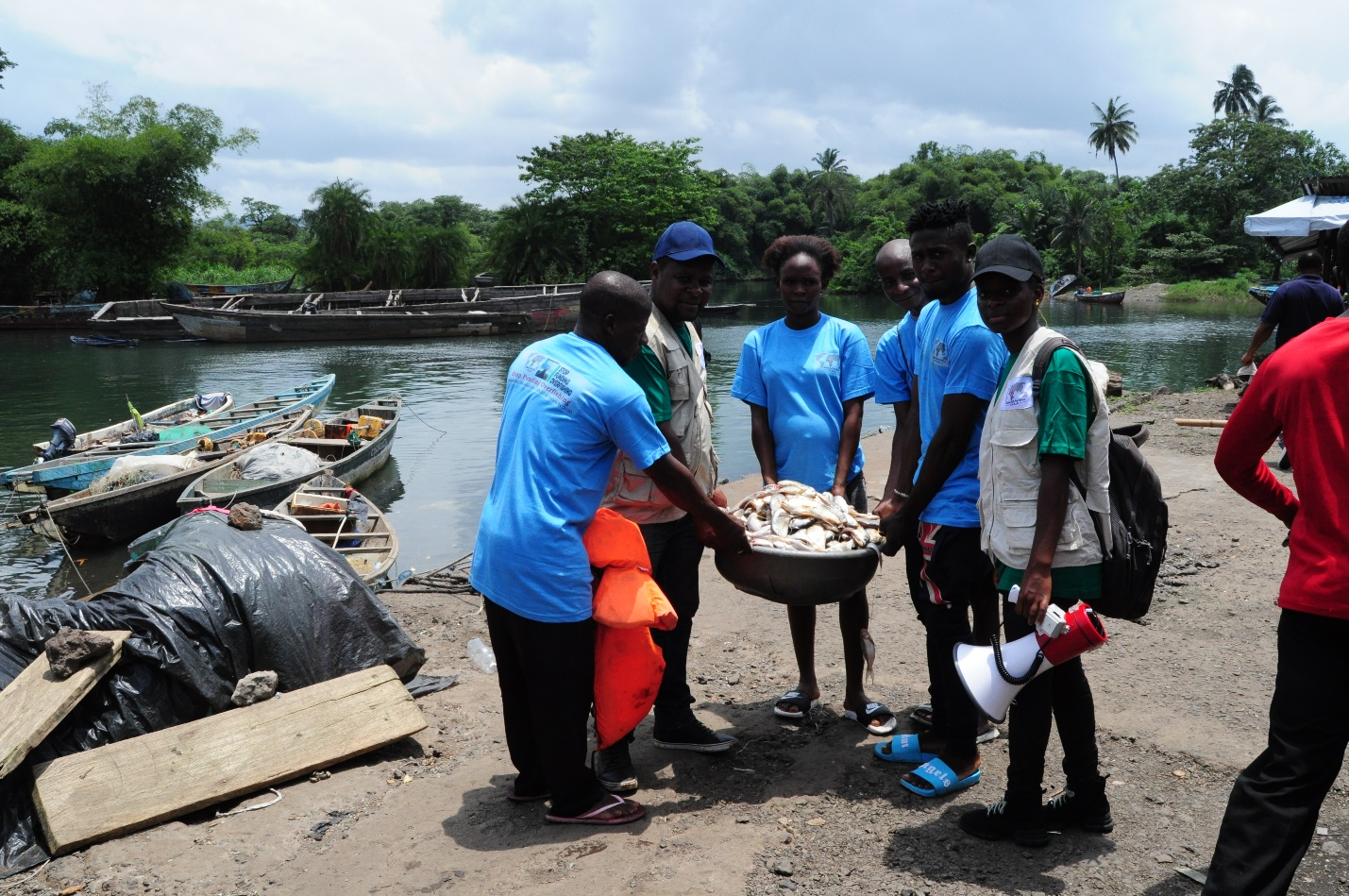Our works
Discover the projects we are carrying out
Our works
Team projects

The African Hub to End Plastic Pollution (AHEPP), is an initiative of GAA and supported by African Union (AU) Council of the European Union (EU) ,The Italian Government ,La Fresque du Pastique , The Canadian Government , the Government of Cameroon , the Government of Zimbabwe, The Government of Mauritius ,The Scientists’ Coalition, International Polytechnic of Science and Technology (IPOSTEC), UNEP and Alliance Sorbonne University to advance the adoption of the UN-Treaty on plastic pollution across Africa.
To protect human health and the environment from the adverse effects of plastic pollution, including in the marine environment and other aquatic as well as terrestrial ecosystems, by ending plastic pollution based on a comprehensive approach that addresses the full life cycle of plastic through the prevention, progressive reduction and remediation of additional plastic pollution management and utilization of plastic and plastic waste according to national priorities by 2040 and enhanced efforts thereafter, and to achieve sustainable development, poverty eradication and just transition, considering the principle of common but differentiated responsibilities and respective capabilities as well as financial and technical support.
Governance of the Hub is overseen and implemented by two groups:
- The Leadership Committee, composed of representatives of the African Member States and government, Civil Society Organization, International Organizations, founding organizations of the AHEPP: Global Aid for Africa (GAA).
- The Secretariat, which takes care of the day-to-day management of the Hub. It is responsible for driving membership through stakeholder engagement and advocacy, for communications to and between members, and administration of all aspects of the Hub.
-
Two advisory bodies provide complementary guidance:
-
The Scientific Council,which is composed of
independent academic researchers, each an expert in their
field of expertise on plastic pollution, including in the
marine environment. The main objective of this Council is
to provide a scientific vision for the plastic pollution
sector through advice on AHEPP activities and more broadly
by providing a platform for the generation and
dissemination of knowledge about plastic pollution
solution across Africa. The Scientific Council is
responsible for:
- Evaluating project proposals received during Calls for Proposals, providing expert opinions as to the feasibility and practicability of the proposed projects, and preparing an annotated ranked list of recommendations for project financing.
- Providing scientific guidance on plastic pollution research within the framework of the AHEPP.
- Supporting the AHEPP in organizing periodic events and colloquia to highlight topics of strategic scientific relevance to the sector.
- Carrying out periodic ethical reflections on ongoing developments of plastic pollution sector.
- Providing scientific guidelines to be supported by the AHEPP through its funding and advocacy.
- Cooperating to write position and/or perspectives papers in journals with high scientific impact.
- Monitoring and assessing the projects funded by the AHEPP, with the support of the Scientific Officer.
-
The Strategic Advisory Council comprises
representatives from our partners and all parts of the
plastic sector, in fields such as economics, finance,
environment, climate, food systems, project
implementation, etc. Members are drawn from value chain
organizations (including organizations representing
small-scale and Indigenous actors), international
organizations, academia, governments, Coalition
financiers, etc. This Council furnishes perspectives and
guidance on plastic pollution for implementation and its
role in the global economy, society, and environment in
complement to the Scientific Council’s broad and deep
scientific knowledge of the plastic sector. The Strategic
Advisory Council is responsible for:
- Providing strategic guidance and perspectives on African developments and opportunities relevant to the plastic pollution sector.
- Providing strategic input to the definition of the annual objectives of the AHEPP.
- Developing policy recommendations regarding the plastic pollution sector for AHEPP promotion and support.
- Identifying high strategic impact events and for AHEPP participation.
- Providing strategic input on topics to be covered by periodic Calls for Proposals. Selected members may also contribute to the evaluation process for Calls for Proposals.
- Contributing to impact assessments of projects and the AHEPP.
-
The Scientific Council,which is composed of
independent academic researchers, each an expert in their
field of expertise on plastic pollution, including in the
marine environment. The main objective of this Council is
to provide a scientific vision for the plastic pollution
sector through advice on AHEPP activities and more broadly
by providing a platform for the generation and
dissemination of knowledge about plastic pollution
solution across Africa. The Scientific Council is
responsible for:
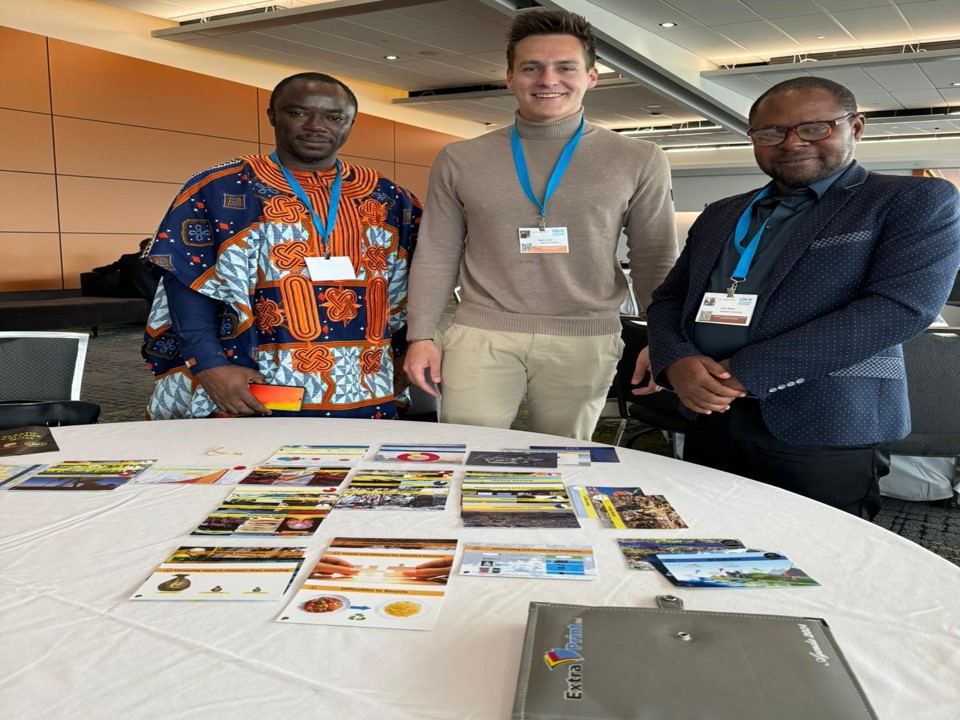
- Provide an opportunity for youth leaders to express a vision of the future they want through African Hub to End Plastic Pollution (AHEPP).
- Strengthen African Member State and governments on policy engagement around urban, grassroots, and local communities on plastic pollution.
- Review and critically analyses existing issues regarding plastic pollution in Africa and to identify gaps which need to be addressed and opportunities for progress including in the context of achieving the UN treaty on plastic pollution.
- To provide a platform with Global Aid for Africa (GAA), stakeholders to engage in a dialogue with governments, civil society organizations to implement the UN treaty on plastic pollution and achieve the SDGs 2030.
- To promote innovative approaches and initiatives for advancing the adoption of the African Hub to End Plastic Pollution (AHEPP), development agenda at national, regional, and global levels with a view to promoting global (multilateral) solutions to the global challenge on plastic pollution.
- To share knowledge on achieving end plastic pollution on our African land and oceans development by promoting the implementation UN Treaty on Plastic Pollution agenda.
- To launch ideas and initiatives for collective action for people, planet, peace, and prosperity.
- Examine the needs and concerns of urban, local communities and grassroots concerning indigenous rights and indigenous leadership and demonstrate the potential benefits of implementing African Hub to End Plastic Pollution (AHEPP), agenda.
- Agree a process for developing African Hub to End Plastic Pollution (AHEPP), urban, grassroots and local community and indigenous engagement structure in Africa.
- Frame and develop African Hub to End Plastic Pollution (AHEPP), as key elements of the holistic Global Aid for Africa (GAA), partners agenda for restoring 30% of our land and oceans in Africa by 2030.
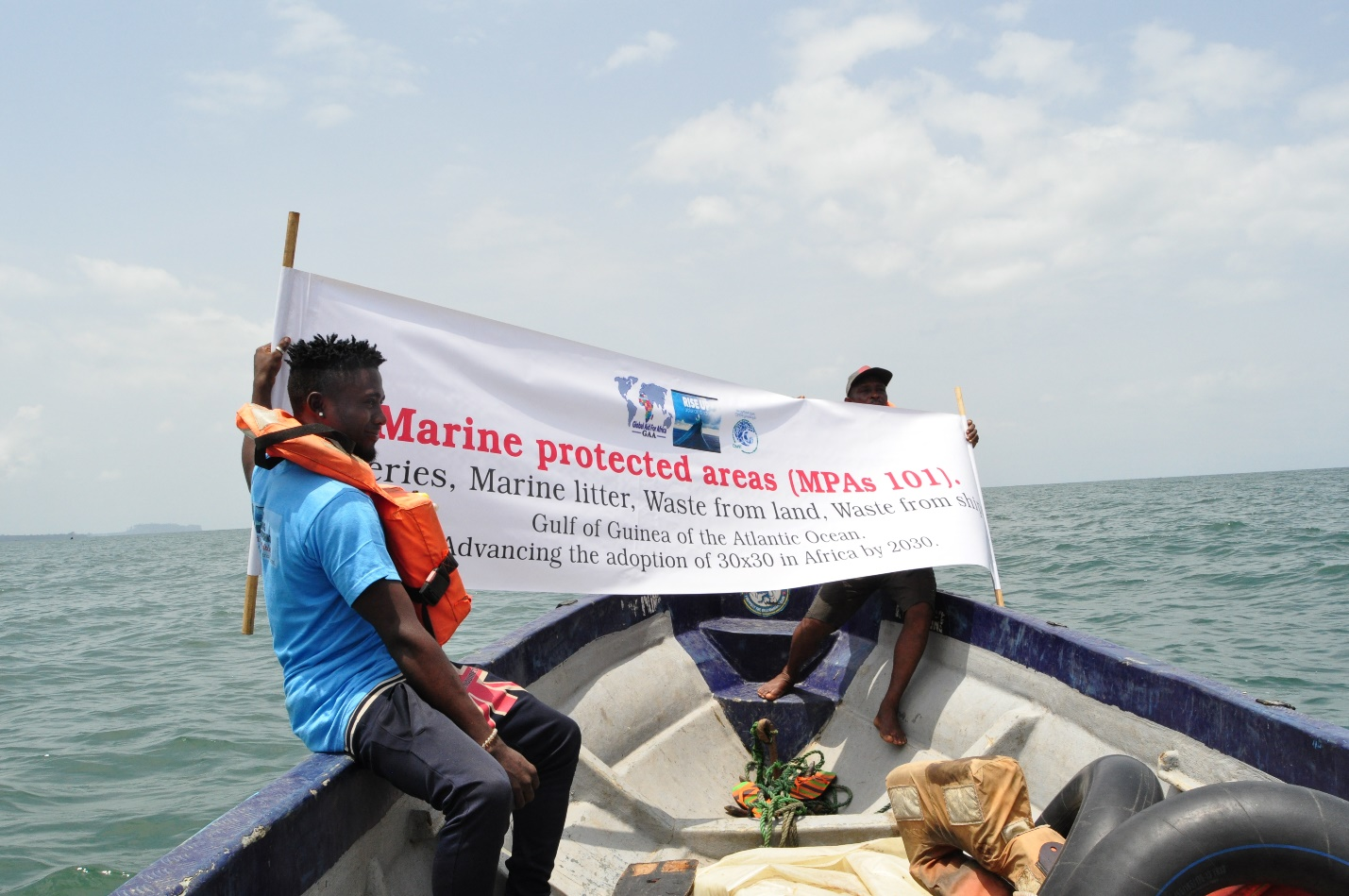
We improve lives of coastal indigenous and local communities throughout Africa by accelerating the implementation of 30x30 to achieve 2030 Agenda for Sustainable Development (SDGs).
- Review and critically analyses existing issues on MPA’s in Africa to identify gaps which need to be addressed and opportunities for progress including in the context of achieving the SDGs.
- Examine the needs and concerns of local communities concerning MPA’s and demonstrate the potential benefits of implementing MPA’s for coastal communities.
- Agree a process for developing MPA’s engagement structure in Africa.
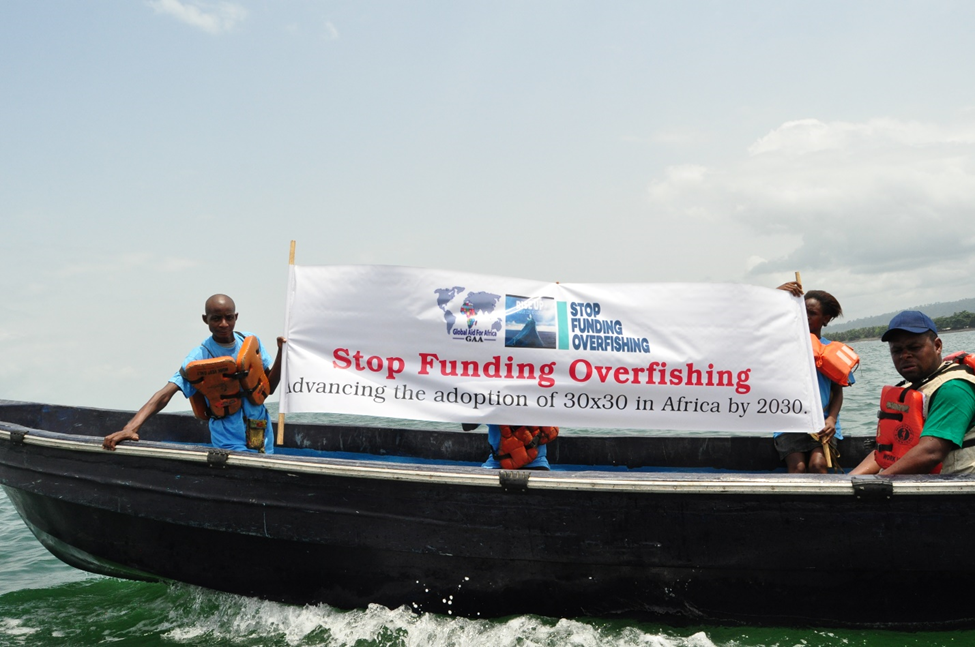
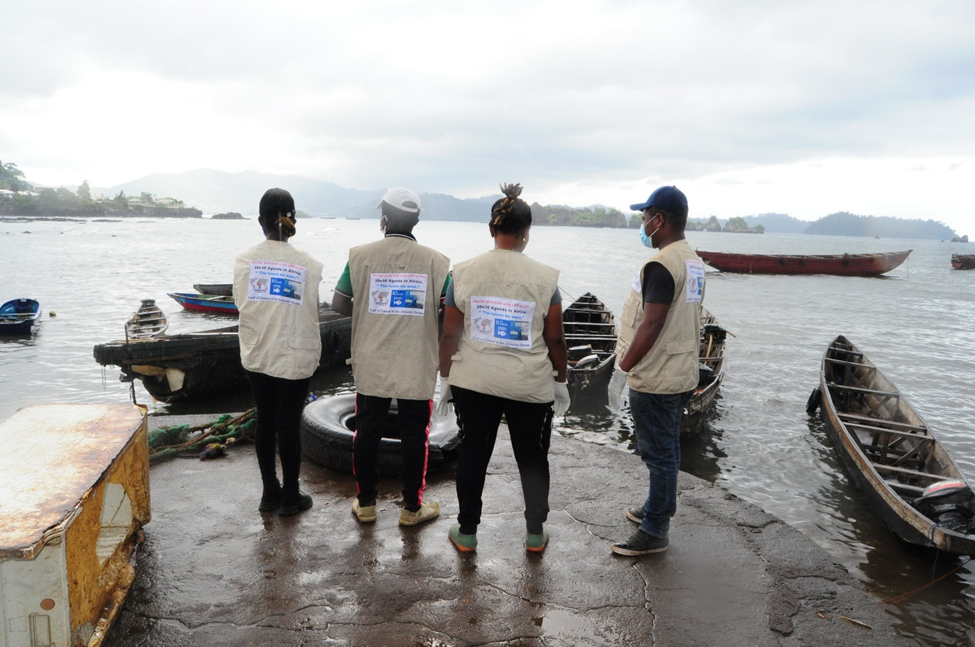
- To impacts traditional management, the transmission of indigenous and local knowledge and the potential for the sharing of benefits arising from the use and ability of IPLCs to conserve and sustainably manage biodiversity that benefits the broader society.
- Safe havens for more and bigger fish + species diversity
- Healthy and resilient ocean ecosystems and species that can better withstand and recover from climate impacts.
- Climate change mitigation: protecting coastal habitats that sequester and store carbon like mangroves and sea grasses. Livelihoods and food for all.
- Reduce ocean risk from extreme weather events and sea level rise through protecting coastal natural defense systems, like reefs and mangroves.
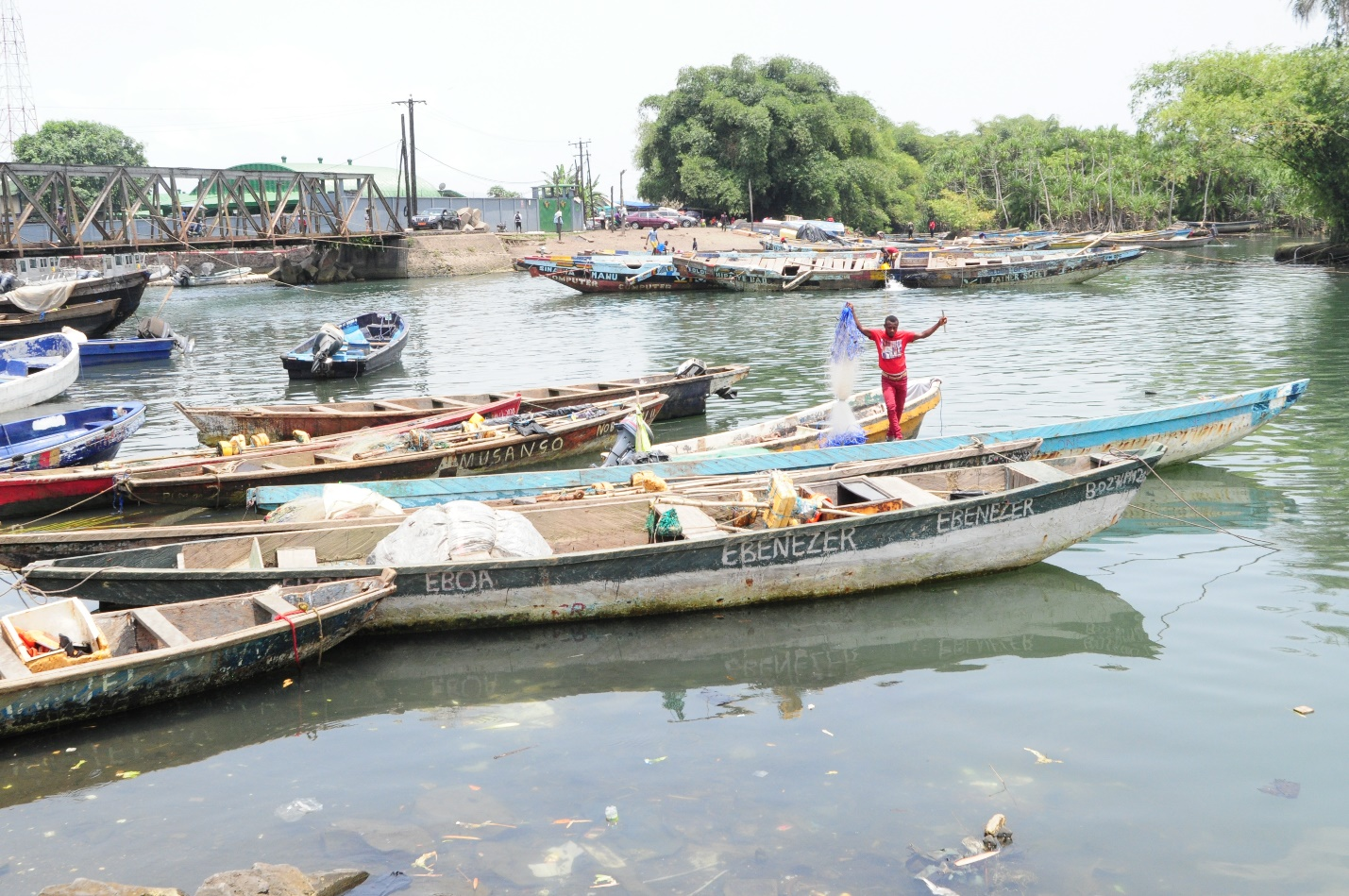
Global Aid for Africa (GAA) works to secure a healthy, sustainable future and achieve the U.N. Sustainable Development Goals by 2030.Blue Food from the sea is necessary to alleviate food crises in many developing countries, providing a valuable supplement to a diverse and nutritious diet.
Global Aid for Africa (GAA) works to secure a healthy, sustainable future and achieve the U.N. Sustainable Development Goals by 2030.Blue Food from the sea is necessary to alleviate food crises in many developing countries, providing a valuable supplement to a diverse and nutritious diet.
- Protect and develop the potential of aquatic/blue foods to help end malnutrition,
- Support the central role of small-scale actors in ocean and inland fisheries and aquaculture and
- Bring aquatic/blue foods into the heart of food systems decision-making
